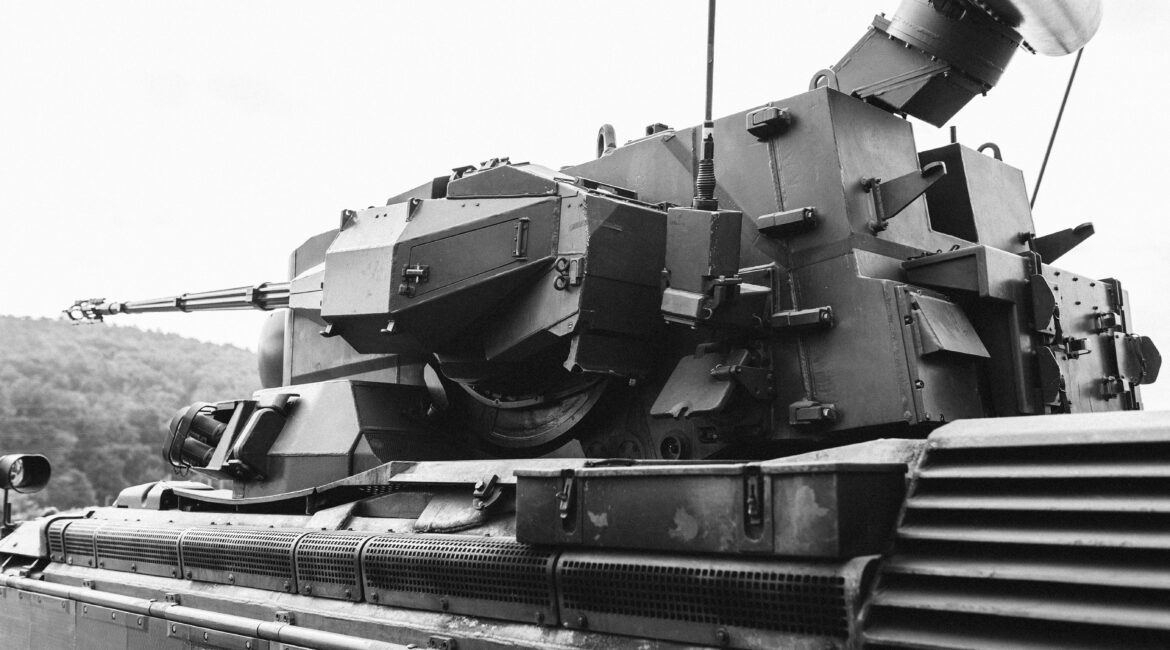The Ukrainian crisis in Europe could radically modify the dynamics on the ground in Syria, while Assad regime's atrocities slip further from public attention.
The Ukraine and Syria conflicts have long been entwined. One of Russian President Vladimir Putin’s motivations for intervening in Syria in the first place was to break out of the diplomatic isolation he faced after annexing Crimea in 2014.
Analysts argue that the February invasion was emboldened by western passivity over Syria. Today, as Ukraine suffers, the similarity is obvious once more as Russian military tactics from Syria are now at the vanguard of the Ukraine operation.
Undoubtedly, the Syria war has impacted Ukraine, but how might the current crisis impact the situation in Syria? Syrian President Bashar Al Assad’s constant domestic repression, ongoing economic suffering, and the sporadic fighting between different extremist factions will get less and less global interest, like Iraq and Afghanistan before it.
Beyond a loss of attention, the geopolitics of Syria’s war could be considerably impacted by the results of the Russia-Ukraine war. At some extreme, if this leads to Putin’s fall in Moscow, it could radically alter Russia’s presence in Syria. A long war that drains Russia’s military resources, while western sanctions affect its economy, might force Putin to pull money and military forces from Syria. Any Russian military or economic pullback would weaken Assad, possibly fatally if it encourages his dormant opponents.
Damascus has been badly trying to reintegrate into its region and the last thing it needs is further punishment for its proximity to Putin.
Putin and Assad’s other ally, Iran, will also watch closely how events in Ukraine will impact Syria. It is unlikely that Tehran will feel obligated to stand by Putin, although its leadership instinctively blamed the US for the Ukraine crisis rather than Russia. Teheran broadly benefits from the status quo in Syria and any change to Russia’s position will not be welcomed.
Israel has also become comfortable with the status quo in the region. Its close ties to Moscow have given the Israeli army a free hand to strike deep into Syria. It is close to the US, Ukraine, and Russia, and has been sure to condemn Putin’s aggression in a relatively muted way, conscious that an angry Moscow could prevent its Syria raids. At the same time, Israel probably doesn’t want the conflict to prompt Putin’s departure from Syria, as this would leave Iran and Hezbollah unchecked and increase the chances of direct clashes.
Like Israel, Turkey has approached the Ukraine crisis cautiously, having close military, diplomatic, and economic ties with both sides. Both Moscow and Kyiv, as well as its western allies, are courting Ankara, given its control of the Dardanelles. Turkey could use this favourable position to squeeze greater concessions from either Russia or the US in Syria.

